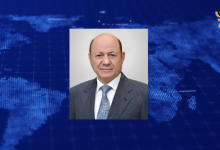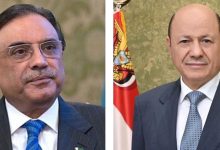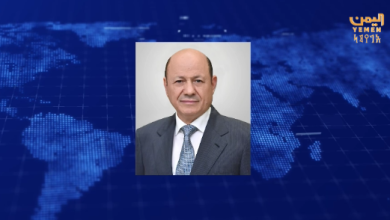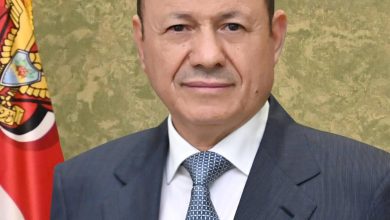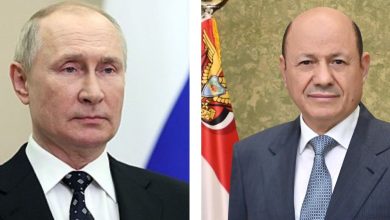Leadership Council’s head meets with political parties and factions’ representatives in Hadhramaut province.
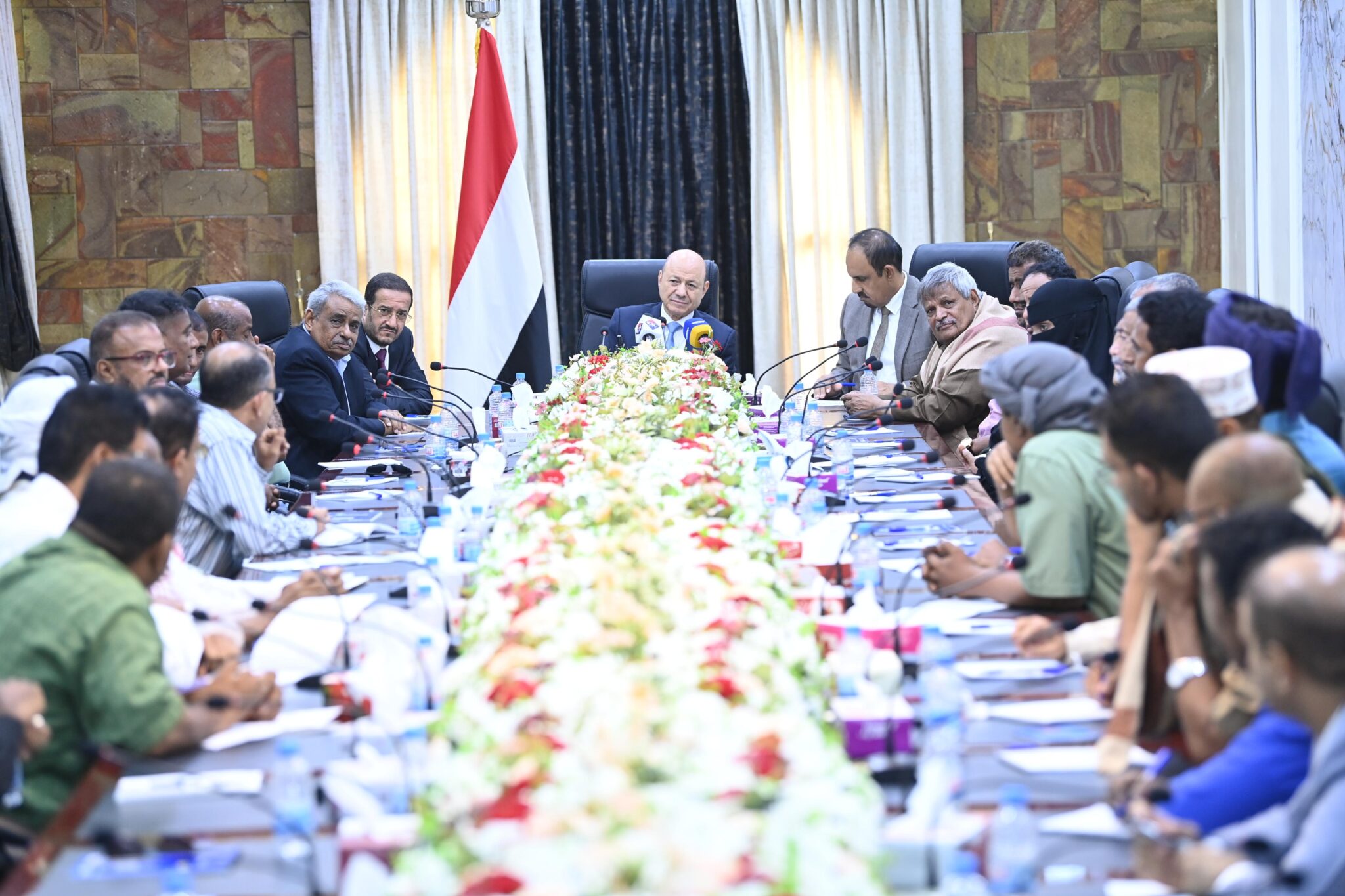
In a significant meeting held on Tuesday at the Presidential Palace in the city of Mukalla, President Dr. Rashad Mohammed Al-Alimi, head of the Presidential Leadership Council, along with council member Sheikh Osman Majali, engaged with representatives of political parties and components. The meeting, which also saw the presence of Hadhramaut Governor Mabkhout bin Madi, underscored the government’s commitment to dialogue and collaboration with various political factions.
President Al-Alimi expressed his and the council member’s pleasure in meeting with the representatives of the political and party components, which he described as the main pillars of the broad national alliance opposing the Iranian Imamate project in Yemen and the region. He briefed them on the latest developments and achievements of the Presidential Leadership Council since its formation under the power transfer declaration, highlighting the cohesion of the national consensus within the council as one of the critical gains of this phase.
The President pointed to the improved security situation in the temporary capital, Aden, Hadhramaut governorate, and other liberated provinces. He also noted the state’s continued commitment to fulfilling its obligations, including regular payment of employee salaries and securing the requirements for commodity imports, with generous support from the coalition countries led by the Kingdom of Saudi Arabia and the United Arab Emirates.
Furthermore, President Al-Alimi discussed the council’s achievements in reactivating the judiciary, advancing the integration and unification of the armed and security forces, and activating the role of the Supreme Security Committee. He emphasized the council’s efforts in efficiently managing peace entitlements, enhancing relations with the coalition leadership and the Gulf Cooperation Council, and improving the state’s deterrence capabilities, including economic firmness policies covering the Central Bank of Yemen’s decisions to protect the banking sector and combat money laundering.
The President considered these periodic meetings with political components as indicators of improved integrative relationships between the components holding legitimacy and their national project. He touched on peace efforts and the initiatives presented by the Presidential Leadership Council and the government in this regard, lamenting that the militias have thwarted all efforts led by Saudi Arabia and the international community, dragging the country into proxy wars against the entire world, including terrorist attacks against maritime shipping and international navigation routes.
Despite the circulation of most roadmap items in the media, the President criticized the militias for their misleading approach to its contents. He outlined that the roadmap begins with a ceasefire, followed by economic and humanitarian measures to build trust, leading to a Yemeni dialogue to draft the foundations for a new transitional period.
President Al-Alimi lamented the prevalence of narratives that often undermine the council’s stance on regional and UN mediation efforts to de-escalate the economic situation, attributing the Houthi militias’ choice to complicate matters in the region at the behest of the Iranian regime. He accused the militia of seeking new pretexts to extort the world and militarize the country, including unilaterally announcing flights to new destinations without the concerned countries’ approval.
Expressing hope for continued unity among all political components for the sake of Hadhramaut’s development and stability, the President emphasized that such an environment is conducive to showcasing the competitiveness of national forces’ programs to improve living conditions for citizens.
In the meeting, council member Osman Majali presented evidence from the decisive intellectual and military battle against the Houthi terrorist militias, asserting that they do not represent a peace project with the Yemeni people. Majali urged political components to fortify the internal front, preserve Hadhramaut’s known civility and peacefulness, and learn from the destruction wrought by the Houthi pandemic across the country.
To follow the news in Arabic
